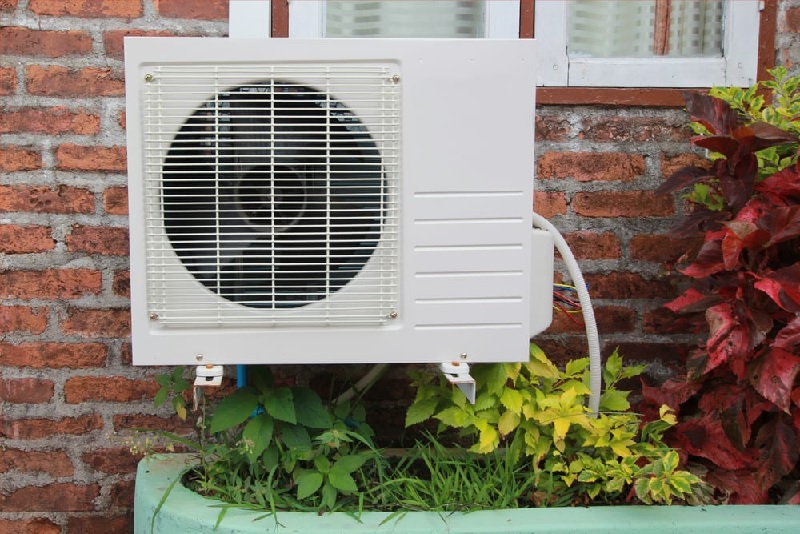A commercial renovation of your kitchen is an important investment that can take a new direction to your food business. your own restaurant, food service, or food truck, the efficiency and aesthetics of your kitchen play a critical role in the success of your business. In this comprehensive guide, we’ll explore the basics of a commercial kitchen renovation, from layout and layout to budgeting and renovation planning.
Planning and Design
Before you dive into a commercial kitchen set up, it’s important to have a well thought out layout and design. follow the following:
A. Activity: Evaluate the current kitchen design and identify areas in need of improvement. Ensure that the kitchen layout optimises efficiency, reducing steps between key stations such as cleaning areas, cooking, and dishwashing.
B. Follow: Follow with local health and safety code regulations. Contact a professional like Octopus Renovation Group Expert in the kitchen renovation who understands the specific needs of a commercial kitchen in your area.
C. Energy efficiency: Using energy efficient appliances and manufacturing processes to save operating costs in the long run. Energy-efficient devices not only reduce overhead costs but also contribute to efficiency.
D. Ventilation: Adequate ventilation is essential to maintain air quality and keep your employee kitchen comfortable. A proper ventilation system helps eliminate excess heat and grease, preventing safety hazards.
E. Accessibility: Give your employees access to your premises. This can include access, wide doorways, and flexibility to accommodate the needs of workers of varying abilities.
Budgeting
Having a perfect budget is an important step in the remodelling era of a commercial kitchen.
A. Final Cost: Calculate the cost of the initial installation, including design costs, permitting and construction costs. Dedicate a portion of your budget to cover these expenses.
B. Fund: Establishing a contingency fund and planning for extra unexpected expenses. A general rule of thumb is to set aside 10-20% of your budget for unexpected costs that arise during repairs.
C. Return on investment (ROI): Consider how the renovation will impact your business’ bottom line. Fancy appliances and a well-designed kitchen can improve efficiency, increasing revenue.
D. Financing options: Look for financial options to cover maintenance costs, such as business loans or grants. Be sure to compare interest rates and terms to choose the best option for your business.
The Renovation Process
Once you’ve completed the planning and budgeting process, it’s time to move on to the actual maintenance. Here’s what you can expect:
A. Temporary Closure: Commercial kitchen remodelling can often require temporary closure of your business. Schedule these downtimes with advance notice to customers, suppliers and employees.
B. Demolition and Reconstruction: Rehabilitation work is usually initiated by demolition of buildings, removal of existing stands and construction from the ground up. This section will be handled by experienced contractors and architects
C. Installation: Tools, fixtures and equipment are installed as the building takes shape. Make sure everything is in compliance with policies and local regulations.
D. Inspections: Local authorities may require inspections during and after renovations to verify compliance with safety and health regulations. Be prepared for these visits and have all necessary paperwork and permits in hand.
E. Finishing touches: Finishing touches are added as the maintenance nears completion. This includes paintings, flooring, lighting, and other decorative elements.
F. Employee Training: Make sure your employees are familiar with the new cooking system and equipment before reopening. Training will help maintain operational efficiency and safety
Post-Renovation Considerations
After the renovation is complete, you’ll need to address a few additional considerations
A. Maintenance: Schedule regular maintenance to keep your new home looking its best. Regular inspection and maintenance will extend the life of your appliance.
B. Sales: Promote your newly renovated kitchen to your customers. Emphasise improvements in performance and quality to attract more patrons.
C. Feedback: Encourage feedback from your employees and customers to identify any potential issues or areas for improvement after the maintenance.
Conclusion
The remodelling of a Commercial kitchen is an expensive project, but with proper consideration to an expert like Octopus Renovation Group , it will provide many benefits for your food business. Proper plan, budget and attention to the detail are very important to business success. By which you can increase your business profit efficiency, stay in compliance with regulations, Keep in mind that a well-designed and well-equipped workspace is not only a workplace but also shows your commitment to quality and customer satisfaction.












